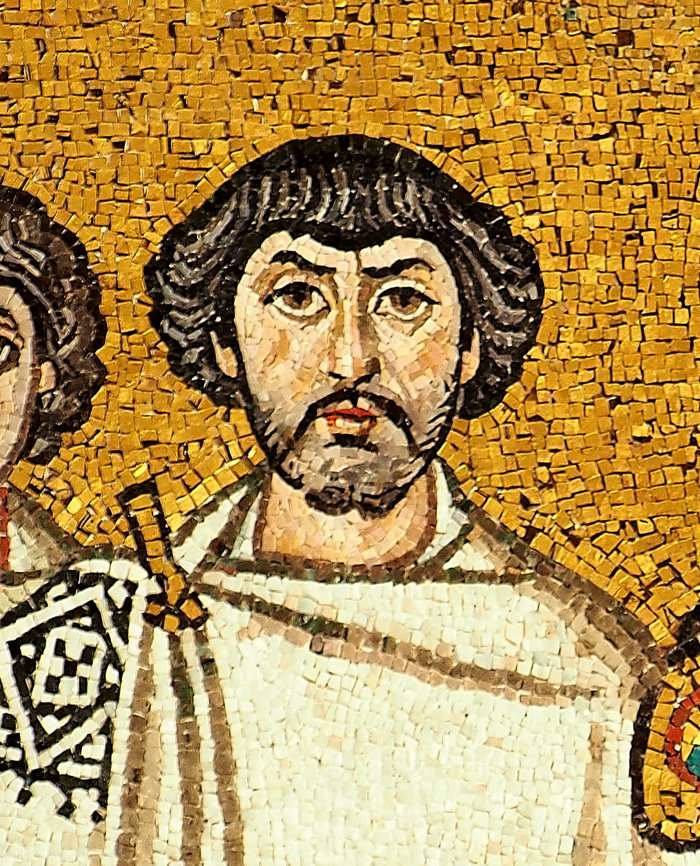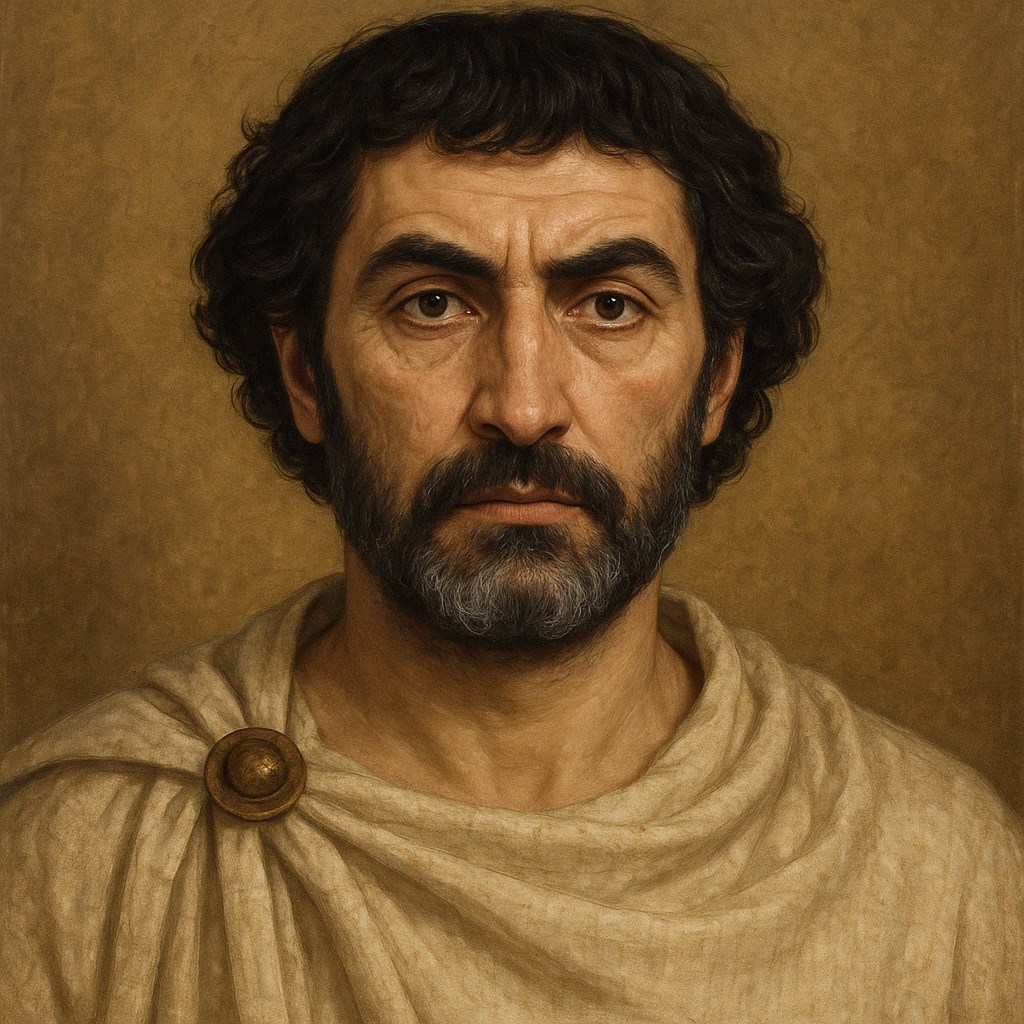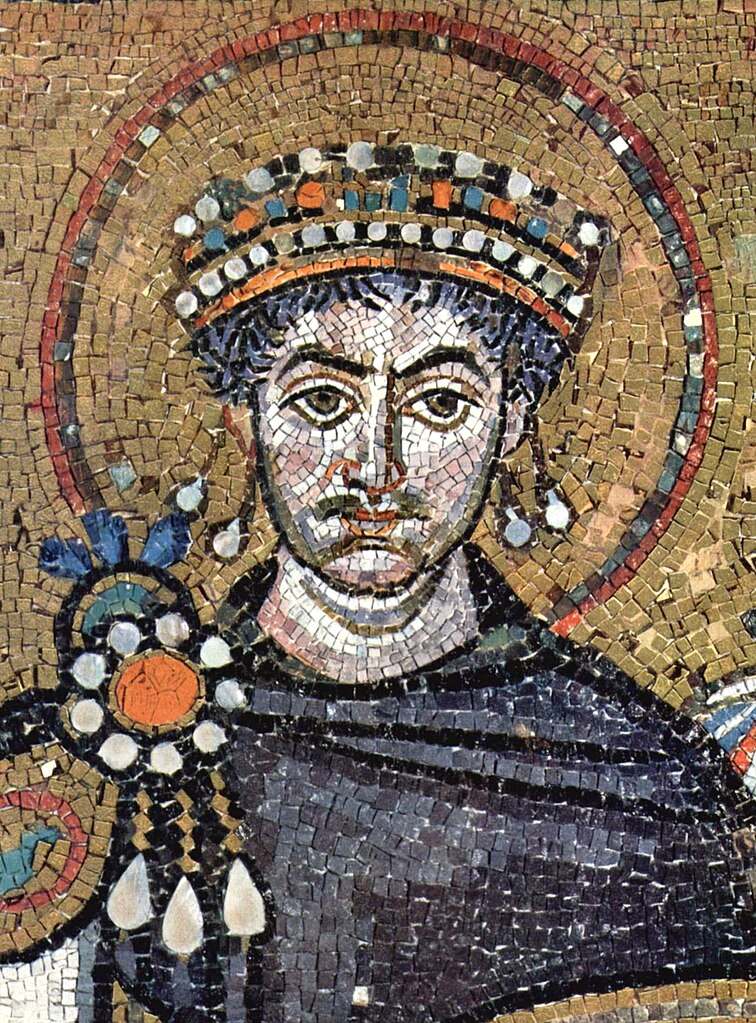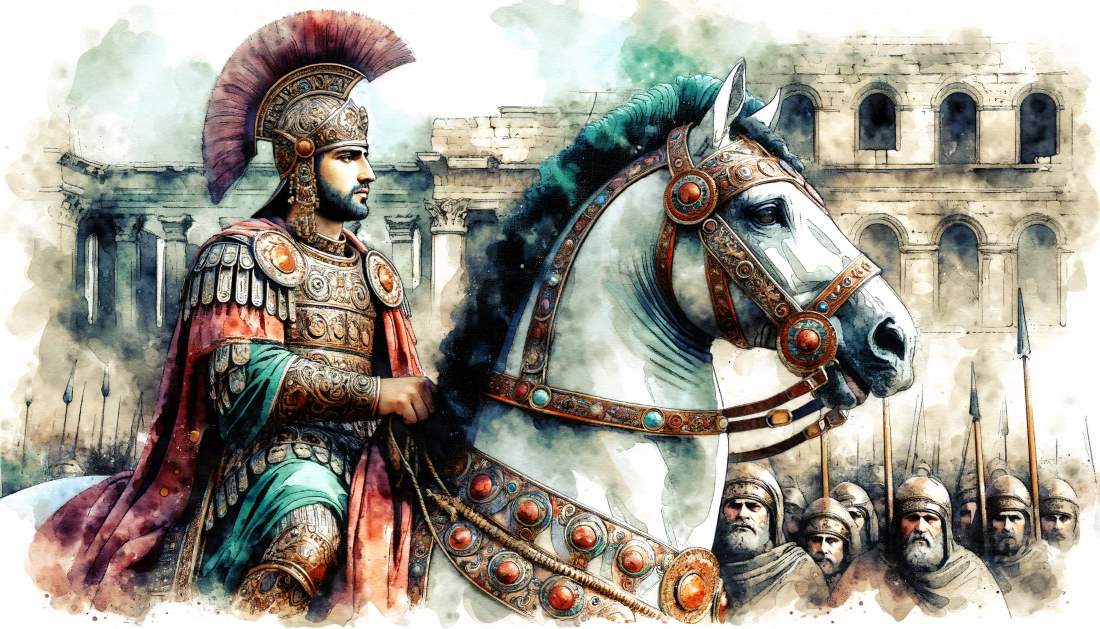Belisarius was one of the most successful and renowned Byzantine generals during the reign of Emperor Justinian. His military genius shone brightly in campaigns that reasserted the might of the Byzantine Empire across the Mediterranean world. Rising from humble beginnings, Belisarius became a pivotal figure in Justinian’s quest to restore the glory of the Roman Empire. He is best known for his remarkable campaigns against the Sassanid Persian Empire, the Vandal Kingdom in North Africa, and the Ostrogothic Kingdom in Italy. His legacy is not only one of conquest and military prowess but also of loyalty, innovation, and the complexities of imperial service.

In this blog post, we do not intend to provide an exhaustive biography of Belisarius, but rather to focus on certain aspects of his character that made him great. We aim to delve into the traits and decisions that distinguished him not only as a skilled warrior but also as a man of exceptional virtue and influence.
The Military Excellence of Belisarius
Belisarius’s reputation as a great military commander is largely built upon his stunning victories, most notably over the Vandals in North Africa and the Goths in Italy. His tactical acumen in these campaigns has been lauded by historians for centuries. The battle for Rome, which spanned from January 537 to March 538, stands as a testament to his strategic foresight and exceptional leadership. When the indecisive Theodahad was overthrown by the Gothic army, Vitiges emerged as the new king, promptly retreating north of Rome. After negotiations with Pope Silverius, Belisarius entered the Eternal City on December 9, 536.
Immediately upon his arrival in Rome, Belisarius began preparations for an anticipated siege, correctly predicting that the Goths would soon lay assault to the city. Indeed, Vitiges encircled Rome with his forces, initiating a siege that would last over a year. Throughout this arduous period, Rome was the theater of 69 skirmishes, in which Belisarius’s leadership shone. He tirelessly inspected the defenses, led sorties against the besiegers, organized the Roman citizens into work brigades, and with his example, fortified the morale of his outnumbered force of 5,000 soldiers. The defense of Rome is considered Belisarius’s crowning military achievement.
Defending the Empire’s Heart
One of the events that underscore Belisarius’s legendary status is his defensive campaign against the Hun invasion in 559. At this point, Belisarius was around 58 years old, past the prime of most military commanders of his era, yet his strategic mastery remained sharp. Emperor Justinian, by then 77 years old, faced a dire threat as the Kutrigur Huns, numbering in the thousands, crossed the ice-bound Danube and advanced toward Constantinople, pillaging Thrace along the way.
Despite the significant Hunnic force poised to besiege the city, Belisarius gathered a contingent of only about 300 veteran soldiers, supplemented by armed citizens and refugees. With his limited resources, he orchestrated a defense that utilized his intimate knowledge of local terrain and guileful military tactics. Belisarius implemented feints and decoys, tricking the enemy into overestimating the strength of his makeshift army. In the resulting confrontation, Belisarius’s forces ambushed a detachment of 2,000 Hunnic cavalry, using the element of surprise to their devastating advantage. His leadership turned what many expected to be a crushing defeat into a surprising victory, undermining the Huns’ numerical superiority and forcing their retreat.

This triumph not only exemplified Belisarius’s skill as a commander but also solidified his unwavering loyalty to Justinian, who never had to lead a battle in person thanks to the victories won by his general. Belisarius’s actions during this episode effectively preserved the peace and security of the Byzantine capital during one of its most perilous episodes. His ability to secure victory with such a paltry force against overwhelming odds is a testament to his enduring military brilliance and tactical foresight.
Belisarius: The Emperor’s Loyal Servant and a man of Honor
The loyalty of Belisarius to Emperor Justinian was unwavering and is exemplified by his decisive actions during the Nika riots of 532 AD, where his strategic intervention was instrumental in crushing the revolt that threatened Justinian’s reign. As the discontent within the walls of Constantinople reached a boiling point, it was Belisarius who, through a combination of military might and shrewd tactics, managed to quell the rebellion. The Nika riots, which started as a civil disturbance in the hippodrome, quickly escalated into a widespread revolt, making the general’s allegiance and strategic talents crucial in preserving the emperor’s throne.

This fidelity was further tested in the capture of Ravenna in 540 AD, when the Goths, recognizing the potential threat posed by the Byzantine general, attempted to exploit his ambitions by offering him the title of Western Roman Emperor. This act was designed to test his loyalty and perhaps divide the empire. Belisarius played along with this ruse, feigning acceptance of their offer only to continue his campaign, thus revealing his strategic depth. This deception allowed him to complete his conquest and demonstrate his unshakable fidelity to Justinian. By rejecting the temptation of a crown, Belisarius solidified his image as a model of devotion and integrity.
The episode of Ravenna not only marked a significant military triumph but also underscored the complex relationship between Belisarius and Justinian. Despite being presented with power that could have made him a rival to Justinian, Belisarius chose to return to his emperor with his conquests, thereby securing his reputation as a loyal subject and a man of honor. This event is often highlighted by historians as a defining moment in his career, reflecting the intertwining of personal loyalty with political astuteness in the Byzantine military and imperial ethos.
Belisarius in the Eyes of His Contemporaries
Belisarius passed away in March of 565, and only a few months later, his emperor and friend Justinian also departed this world. Throughout his life, Belisarius had remained a steadfast ally and servant to the emperor. His other friend and chronicler, Procopius, described him as a man of considerable charm, warm behavior, and mild temperament. As a general, Belisarius was exemplary in command, striking a balance between being admirably strict and compassionately protective. He was respected for his policy of shielding the civilian population from the scourge of war while cautiously avoiding unnecessary risks for his soldiers.
Procopius contends that Belisarius had an uncanny ability to find the most advantageous solution in every situation, his composure faltering only once upon hearing rumors of his wife’s capture by the Goths in 546 near Rome. Despite the turmoil, his wife Antonina remained a faithful and influential figure in his life, exerting significant influence over him. Prior to his campaigns in Africa, Belisarius had already accumulated substantial wealth, allowing him to personally fund a contingent of 7,000 select bucellarii, the elite guard that proved pivotal in his military victories. His household alone, according to a Roman aphorism, was robust enough to topple the Ostrogothic kingdom, reflecting the power and prestige that Belisarius commanded within his time.
In the end, we would like to recommend to you this masterpiece performed by Farya Faraji.
Historical Challenge: Can You Conquer the Past?
Answer more than 18 questions correctly, and you will win a copy of History Chronicles Magazine Vol 1! Take our interactive history quiz now and put your knowledge to the test!

